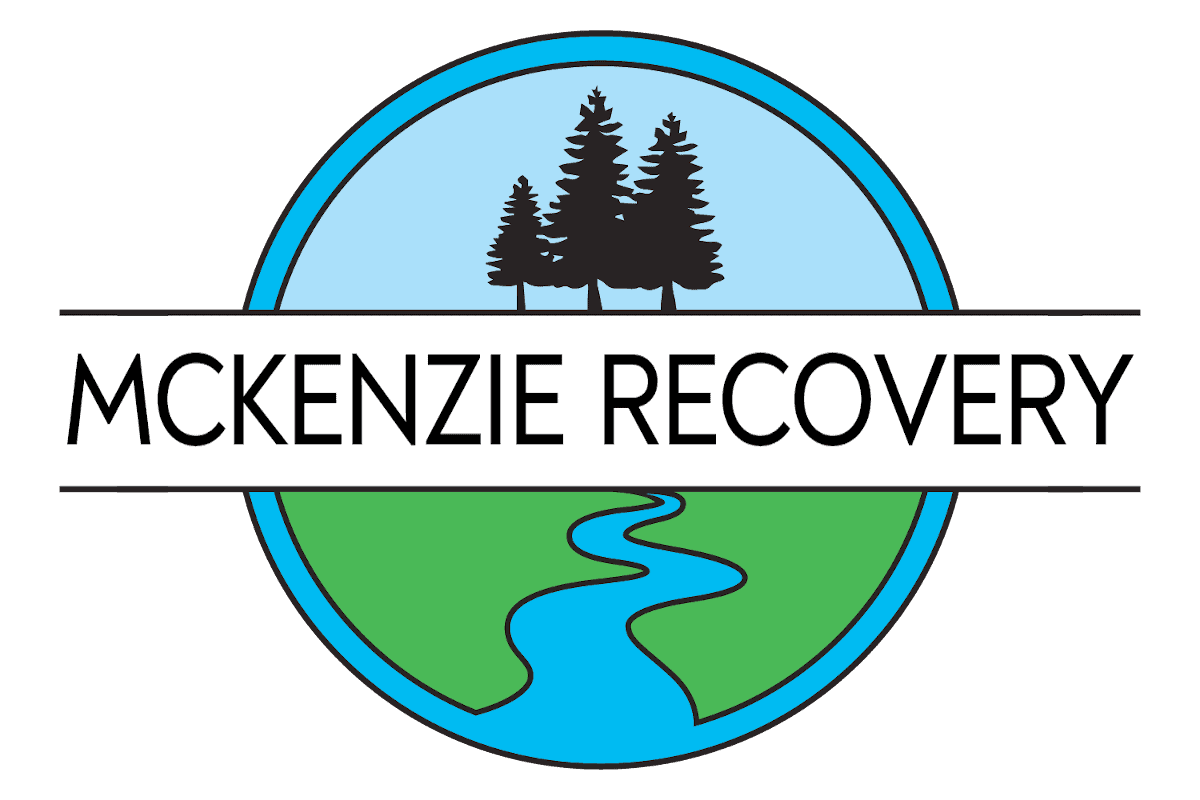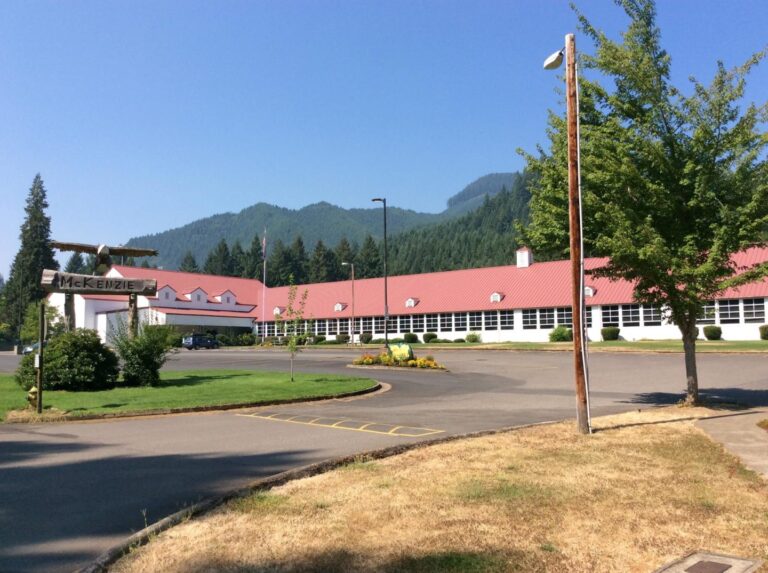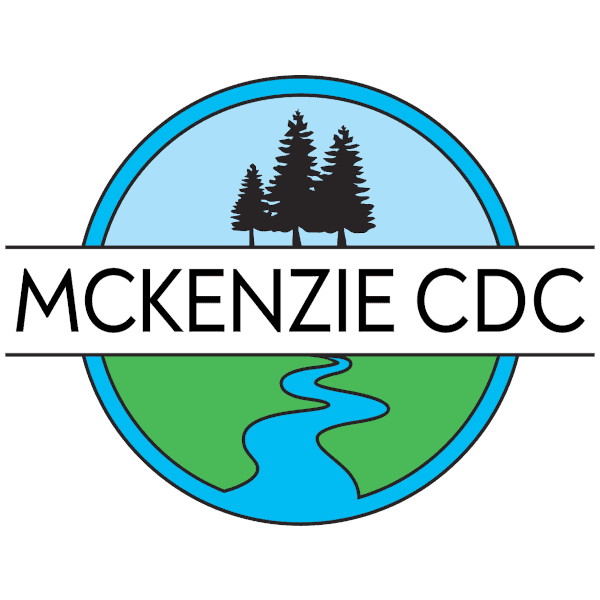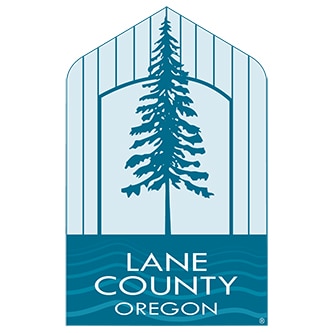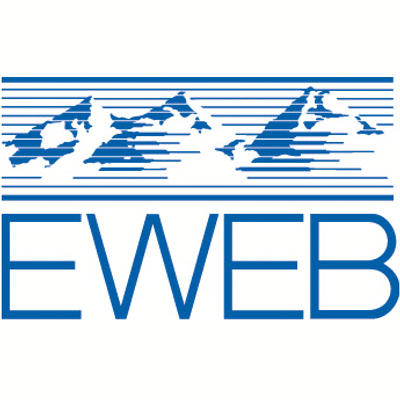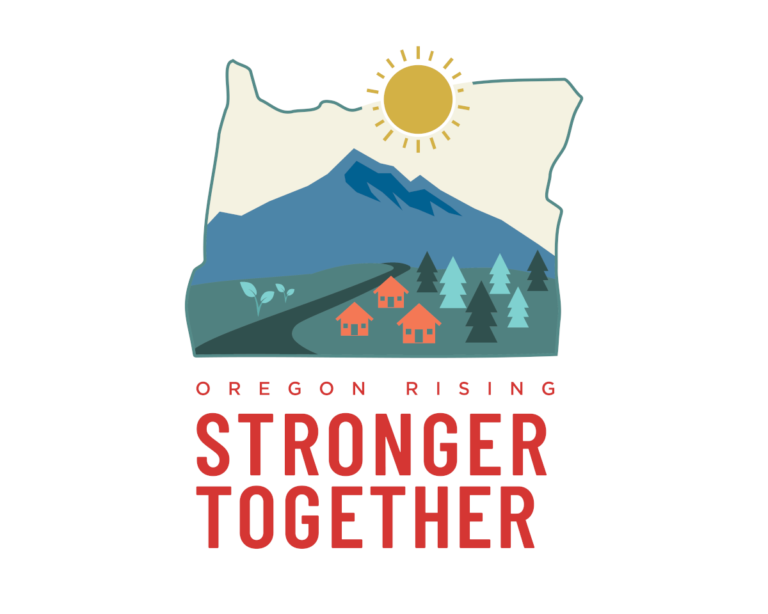Fire Cleanup & Insurance Claims – Don’t Rush into it!
As some areas affected by the Holiday Farm fire go from level 3 to level 2, some residents are being allowed back to their properties. But although it might be tempting to start the cleanup and repairs straight away, it is important to remember that you should not do anything to your property
until you contact their insurance company and get a written release from the adjuster, as this may negate any claim.
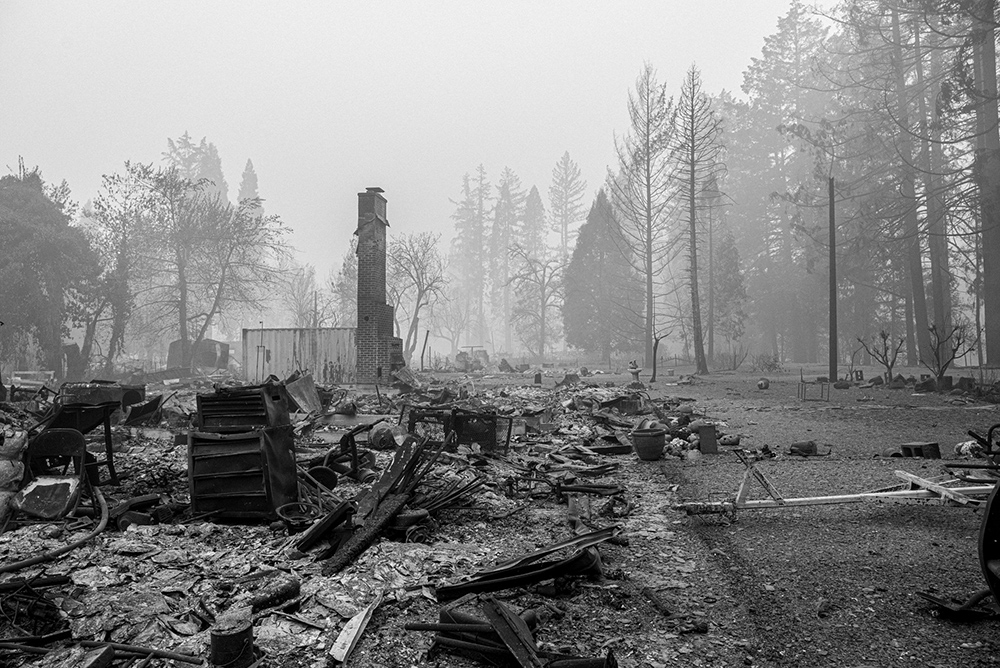
The Oregon Division of Financial Regulation (DFR) provides a useful guide for homeowners claiming after a fire here. The DFR is part of the Oregon Department of Consumer and Business Services, has a dedicated team of consumer advocates who can help answer people’s questions about their insurance coverage or the claims process, all free of charge. Call 888-877-4894 (toll-free)
Tips for homeowners and renters affected by fire, smoke, or ash damage:
• Check with your insurance company what additional living expenses (such as hotel, meals, and more) incurred by evacuation might be covered in your policy. Keep all receipts, and call your insurance company or agent as soon as it is safe to do so to let them know your situation, and keep them updated as things change.
• If you cannot keep your pets with you, most policies will pay for your pets to be boarded while the repairs are underway.
• For damaged or destroyed personal belongings, your insurance company will request an inventory of the damaged/destroyed items. Be prepared to provide the adjuster with a list, including the item, the age, the approximate original cost, and the approximate replacement cost. Do not dispose of the damaged items until an adjuster can view them. Take photos of the damaged items yourself when possible.
• If you file a fire-loss claim with your insurance company, your insurer may require a damage inspection before you start repairs. Take steps to prevent further damage or theft and check with your insurance company before beginning repairs.
• After the investigation is completed and the insurance company is ready to settle your claim, the adjuster will pay your claim in two steps. The first step will be to pay for repairs on an actual cash value basis. This means that the initial payment will be less than the full amount needed to do the job. Once the repairs are completed, the company will reimburse you for the difference between the actual cash value and the full repair cost. You will have a deductible applied to the entire claim.
• Damage to a vehicle, even when parked in a garage, is not covered under a homeowner’s policy. The comprehensive coverage in your auto policy pays for the damages to a vehicle.
• Renters insurance covers your belongings and personal liability in much the same way that a homeowner’s policy does. Typically, the building owner’s policy covers the building you live in but does not offer any protection for your property, your cost to find other housing or your personal liability.
